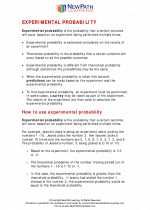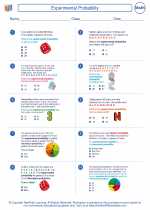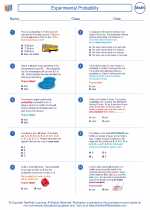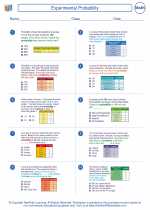Reflexive Property
The reflexive property is a fundamental concept in mathematics, specifically in the study of equality and relationships between numbers, variables, and geometric figures. It is a property that states that any quantity is equal to itself. In other words, for any real number a, a is equal to a.
Formal Definition:
The reflexive property can be formally defined as:
a = a
Where 'a' is any mathematical quantity (number, variable, or geometric figure).
Examples:
- 5 = 5 (5 is equal to itself)
- x = x (x is equal to itself, where x is a variable)
- AB = AB (Line segment AB is equal to itself)
Application:
The reflexive property is used in various mathematical proofs and arguments. It forms the basis for many other properties and concepts in mathematics, such as the symmetric property, transitive property, and the definition of congruence in geometry.
Study Guide:
When studying the reflexive property, it's important to understand the following key points:
- Understand the formal definition of the reflexive property: a = a
- Practice identifying examples of the reflexive property in equations and geometric relationships
- Recognize the significance of the reflexive property in mathematical reasoning and proofs
Additionally, it's helpful to practice applying the reflexive property in various mathematical problems and exercises to reinforce understanding.
Remember, the reflexive property is a foundational concept in mathematics and plays a crucial role in establishing equality and relationships within mathematical systems.
.◂Math Worksheets and Study Guides Eighth Grade. Experimental Probability

 Worksheet/Answer key
Worksheet/Answer key
 Worksheet/Answer key
Worksheet/Answer key
 Worksheet/Answer key
Worksheet/Answer key
